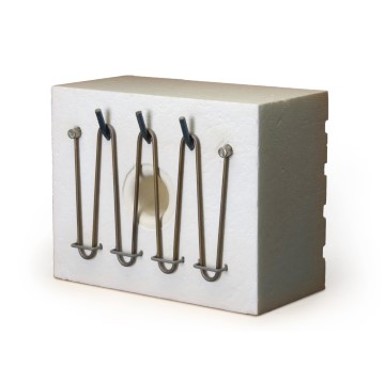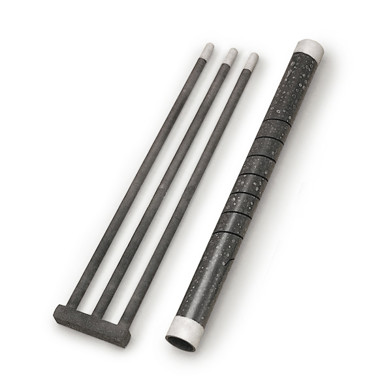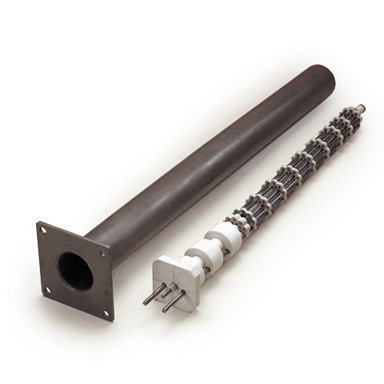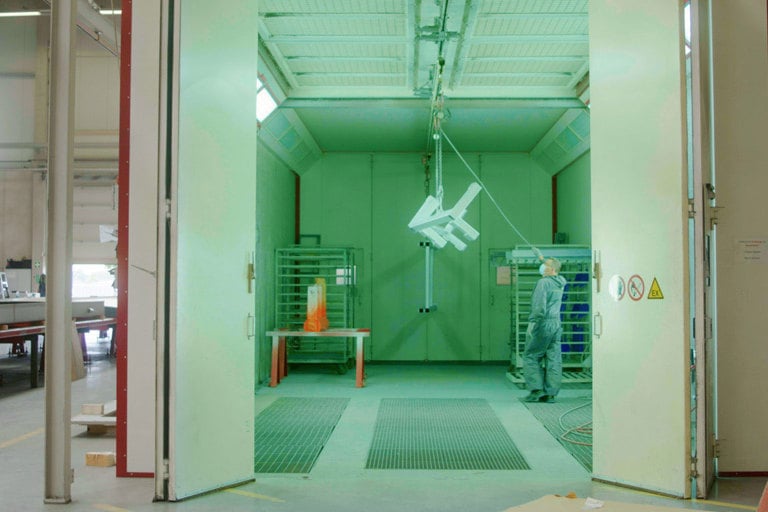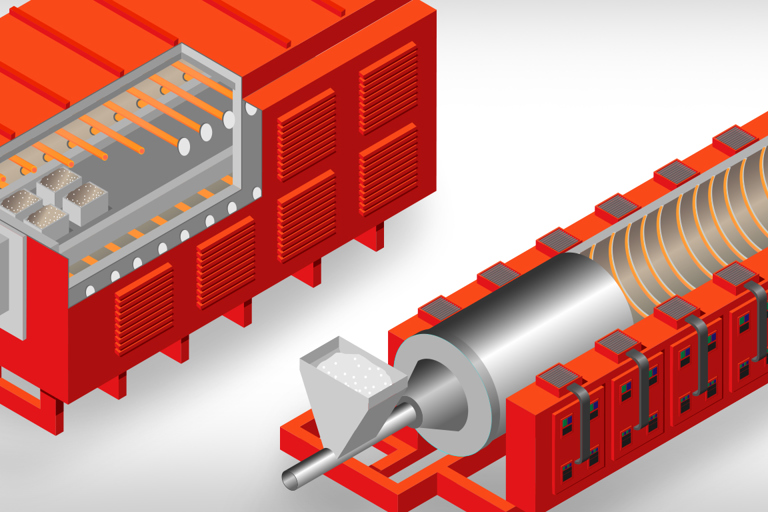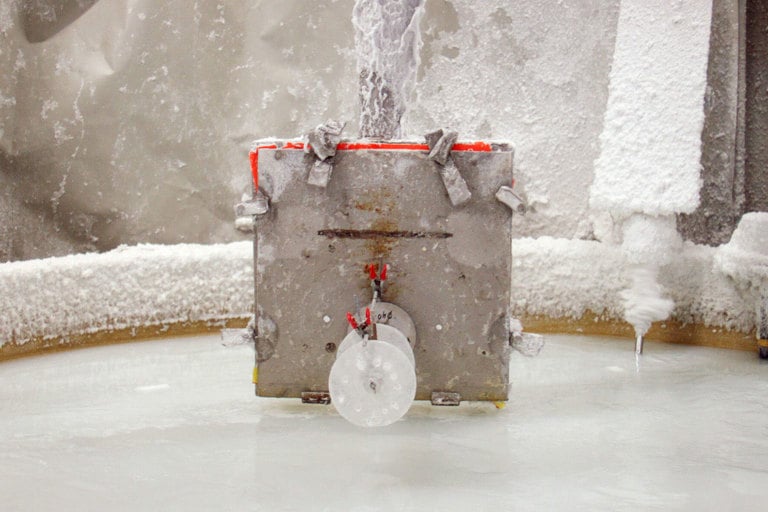Calcination and sintering involves exposing the cathode powder to temperatures of around 700-900°C (1,290-1,650°F), in order to remove any remaining water or binder from the drying process, as well as to fuse the metals tightly together. Precise temperature control throughout the process is critical, as it influences the electrochemical performance of the final product and results in a more optimal active material. Miran Kwon, Technical Sales, Kanthal
Miran Kwon, Technical Sales, Kanthal
To maximize productivity, many manufacturers inject heated oxygen into their furnaces to speed up the heating process. However, this can also have the adverse effect of causing reactions and contamination inside the furnace and damaging its heating elements.
“The cathode manufacturing industry is still relatively new and at an early stage when it comes to developing its production processes,” says Miran Kwon, Technical Sales, Kanthal. “Manufacturers are investing a lot in new furnaces as they try to rapidly increase their production to keep up with demand, and a major challenge for them is being able to improve the lifetime of furnace elements and other components.”
Offers solutions for any kiln
Typically, the different furnace types used for calcination and sintering are roller hearth kilns, rotary kilns and pusher kilns. One advantage of working with Kanthal is that it has the broadest range of heating elements available on the market and can offer solutions for each of these types of furnaces. Silicon carbide (SiC) electric heating elements, Fibrothal® heating modules and Tubothal® metallic elements are just some of the options, depending on the furnace type and its design.
We can provide technical support with all critical issues during the process to ensure precise temperature control.
“We can provide technical support with all critical issues during the process to ensure precise temperature control,” says Kwon. “Since this is such a new area, many manufacturers are reliant on the technical advice they can get from their suppliers. And while this is a new application for Kanthal as well, we still have vast amounts of experience with different heating processes that we can utilize to help find an optimal solution.”
Global presence ensures consistent quality
The many cathode producers currently setting up new plants in multiple locations globally can benefit from Kanthal’s strong presence across Europe, Asia and the US. This ensures a consistent high level of quality across all products regardless of location. Kanthal also has high manufacturing capacity and the ability to supply large volumes of elements with consistency and reliability.
The benefits of working with Kanthal
- Extensive experience with a wide variety of industrial heating processes
- Excellent technical support to help with any critical issues
- Wide range of elements to suit different furnace types
Connected products
Here you can find the Kanthal product offering
Learn from our experts
Our latest articles
